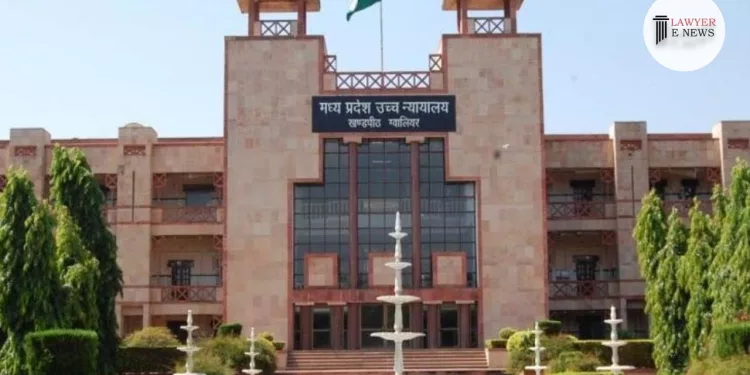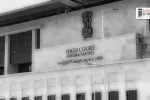Jurisdiction in Cases of Continued Mental Cruelty at Parental Home Affirmed: MP High Court Transfers Dowry Case to Jabalpur Citing Mental Trauma Persists

The High Court of Madhya Pradesh at Jabalpur, in a significant judgment, addressed the critical issue of jurisdiction in cases involving continued mental cruelty at the parental home of the victim. Justice Raj Mohan Singh, while adjudicating a petition for transferring a dowry-related case, held that the jurisdiction lies with the court where mental trauma and psychological distress continue, applying Section 179 of the Code of Criminal Procedure, 1973.
Facts and Issues:
Smt. Jahnvi Tripathi filed a writ petition for transferring the investigation and trial of her FIR, alleging dowry demands, physical abuse, and mental cruelty by her husband and in-laws, from Bhopal to Jabalpur. The petitioner argued that although physical abuse occurred in Bengaluru and Bhopal, the mental cruelty continued at her parental home in Jabalpur.
Court’s Assessment:
Justice Raj Mohan Singh observed, “Mental cruelty borne out of physical cruelty or abusive and humiliating verbal exchanges would continue in the parental home even though there may not be any overt act of physical cruelty at such place.” Citing the Supreme Court judgments in ‘Ruhi Vs. Anees Ahmed’ and ‘Rupali Devi Vs. State of Uttar Pradesh’, the Court affirmed that the effects of mental cruelty in the parental home are a continuation of the offence under Section 498-A IPC, thus falling under the jurisdiction of the place where such consequences ensue.
The Court further rejected the objection regarding the maintainability of the writ petition, stating that at the time of its filing, no alternative remedy under Section 407 Cr.P.C. was available, and the unilateral transfer of investigation by the Bhopal police was without jurisdiction.
Decision: The Court accepted the writ petition, holding the transfer of investigation from Jabalpur to Bhopal as illegal and directing the trial to be conducted in Jabalpur, considering the continued mental trauma experienced by the petitioner at her parental home.
Date of Decision: 5th March 2024.
Smt. Jahnvi Tripathi (Dubey) vs State of Madhya Pradesh & Others,






